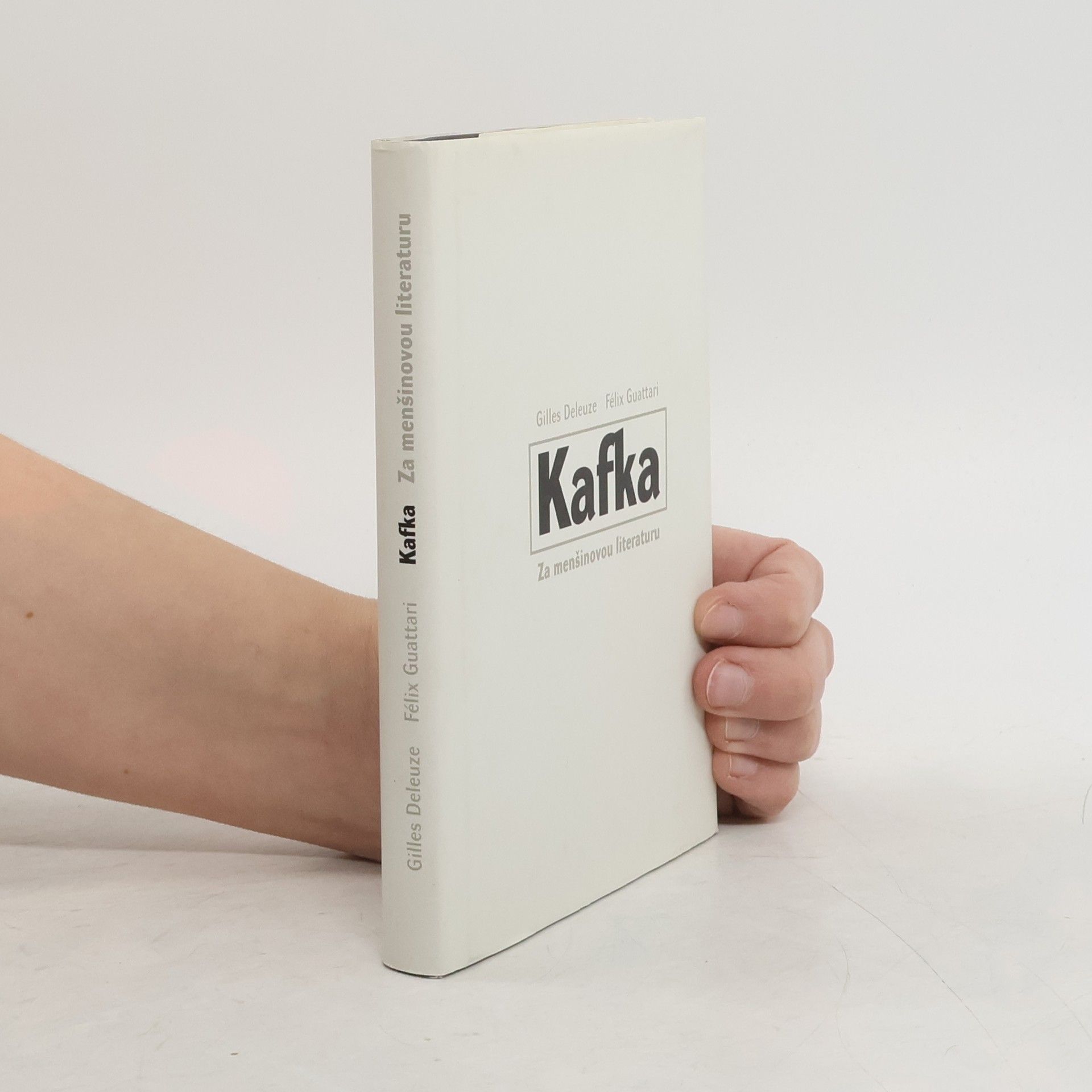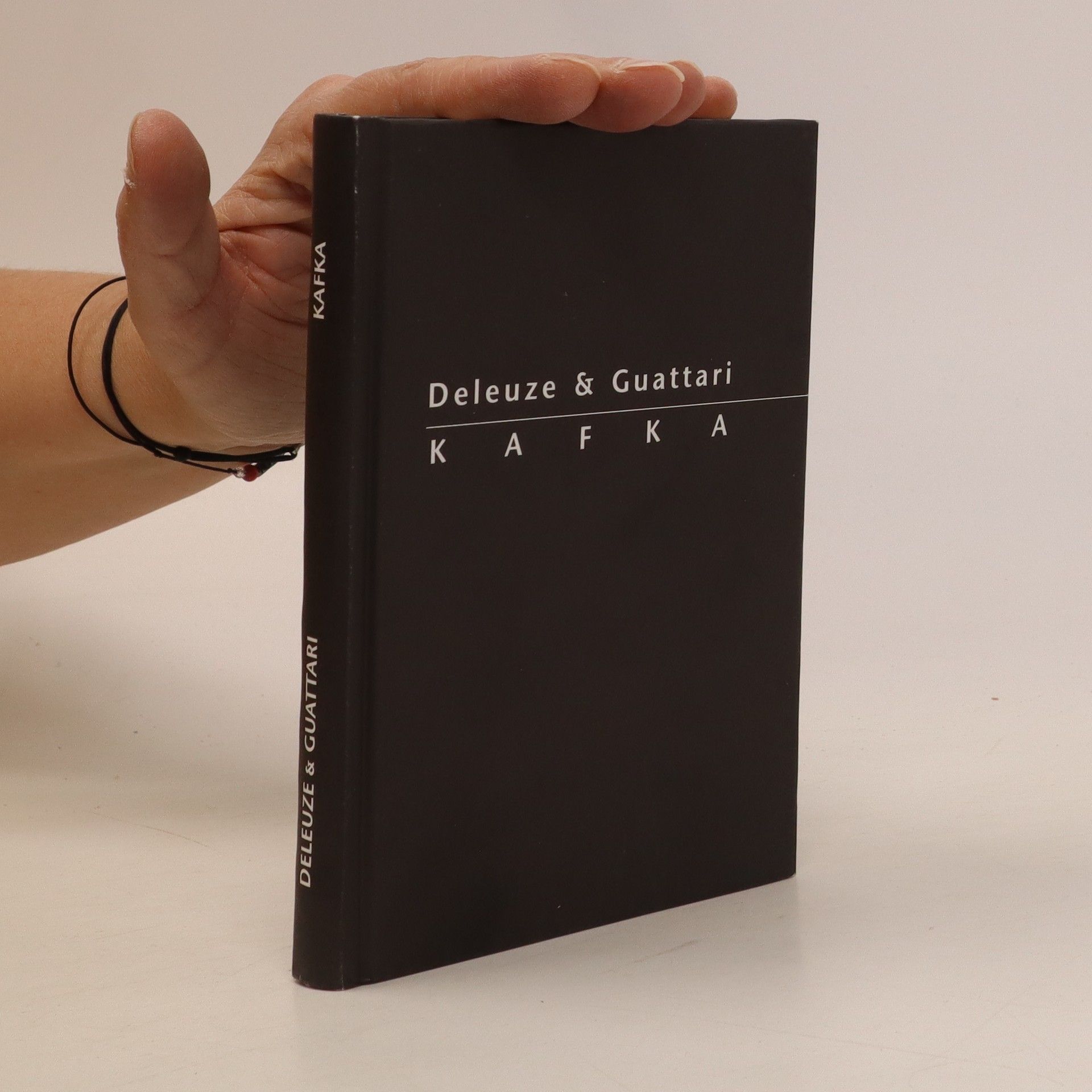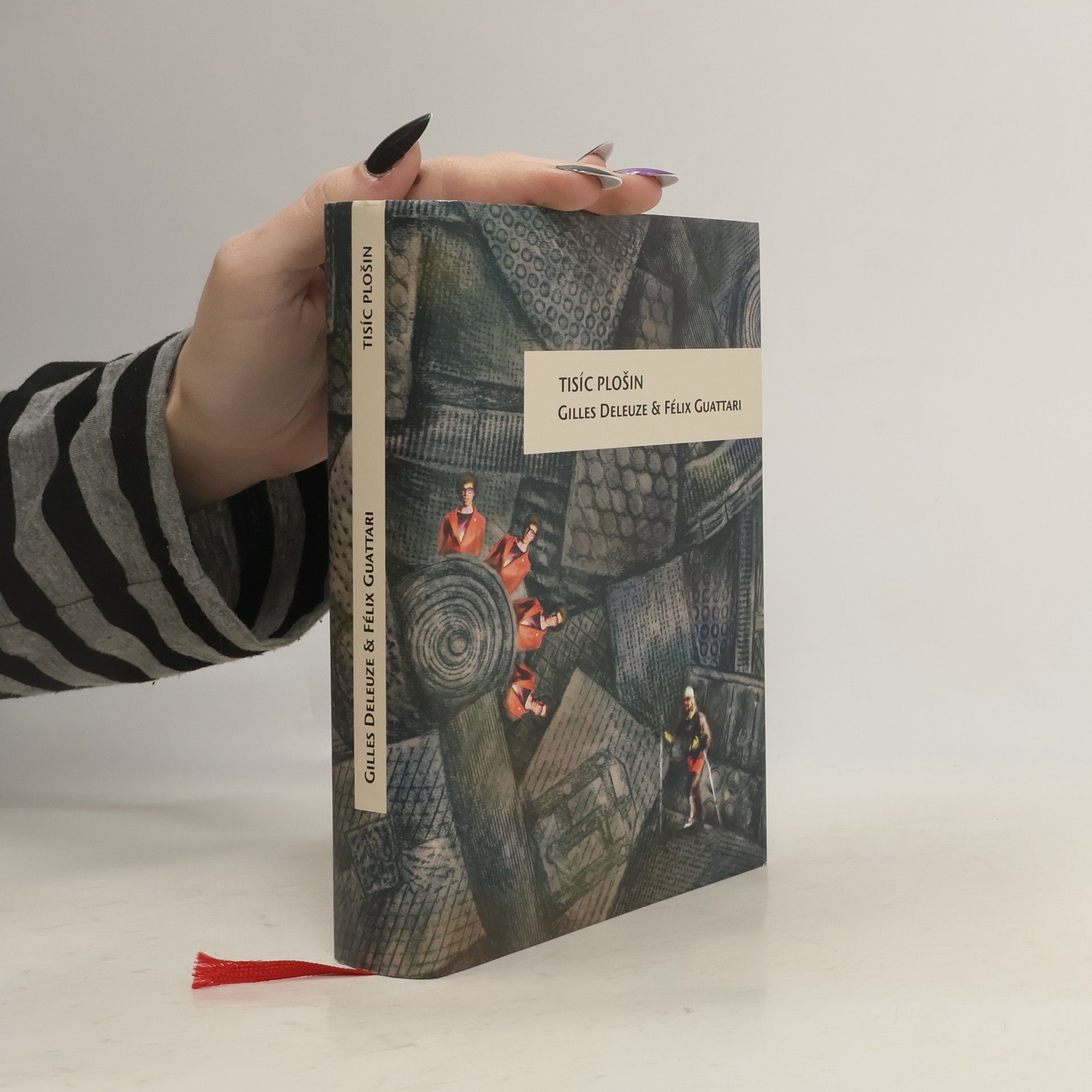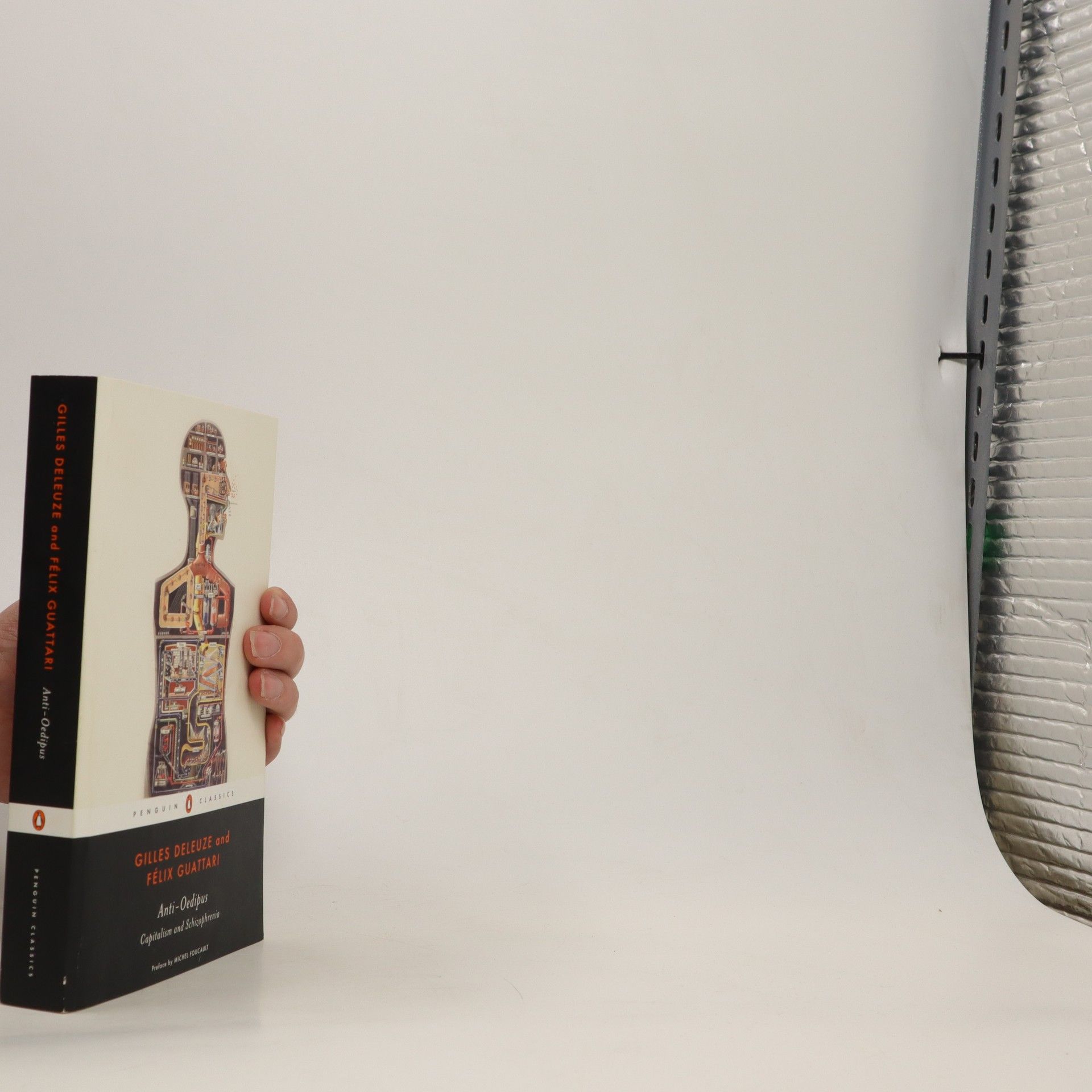Tisíc plošin
- 585 stránek
- 21 hodin čtení
Tisíc plošin je vrcholným dílem autorského týmu Gillesa Deleuze a Félixe Guattariho a zároveň jedním z nejvýznamnějších teoretických textů, které ve dvacátém století vznikly. V této rozsáhlé a převratné knize se autoři vymezují proti celému dominantnímu západnímu způsobu myšlení,a to nejen na rovině obsahu, ale i formy: kniha není členěna do kapitol, nýbrž do "plošin", z nichž každá je vybavena imaginárním datem a kromě poslední z nich je podle slov samotných autorů možné číst je na přeskáčku. Jedním z ústředních motivů je polemika s psychoanalýzou, započatá již v předchozích dílech Deleuze a Guattariho, avšak záběr této jejich knihy je daleko širší, takže Tisíc plošin osloví nejen filosofy, ale i teoretiky umění, literární vědce, muzikology i politology. Právě zde totiž autoři formulují své nejslavnější pojmy, jako je stávání se, ritornel, rhizom nebo tělo bez orgánů.






